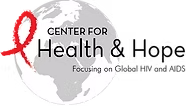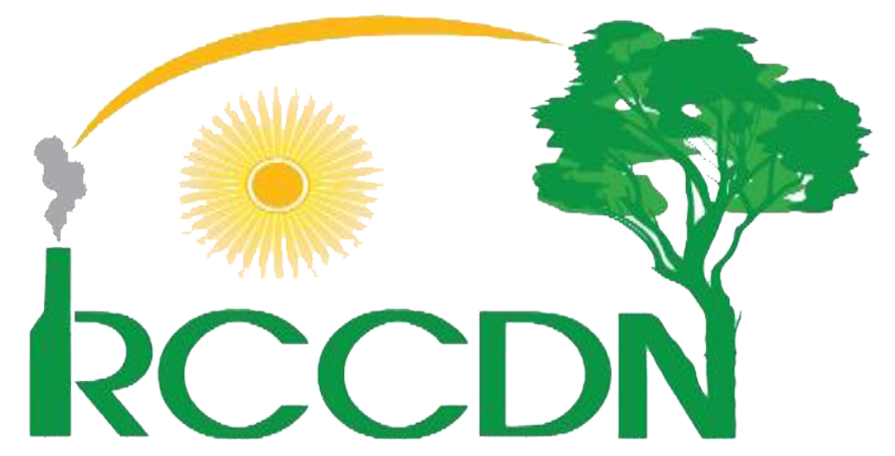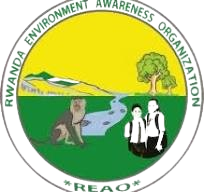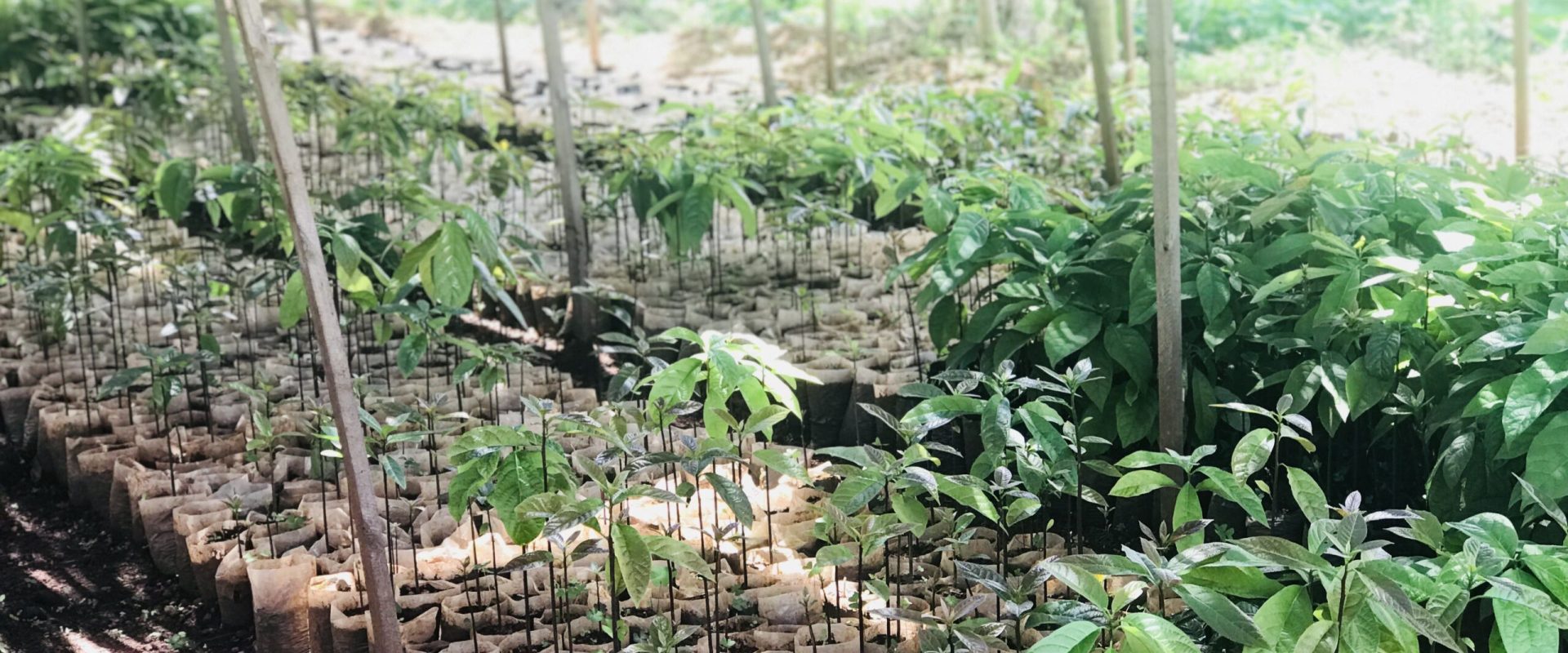
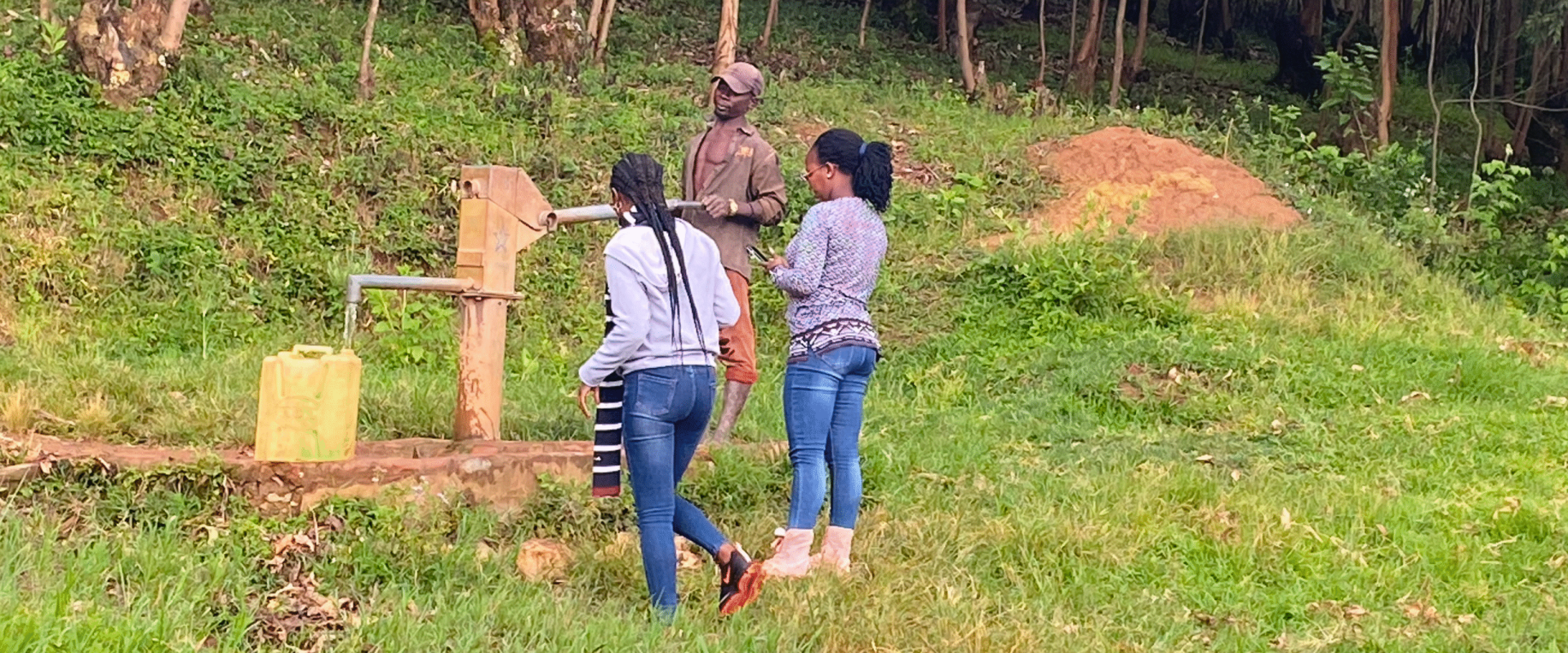
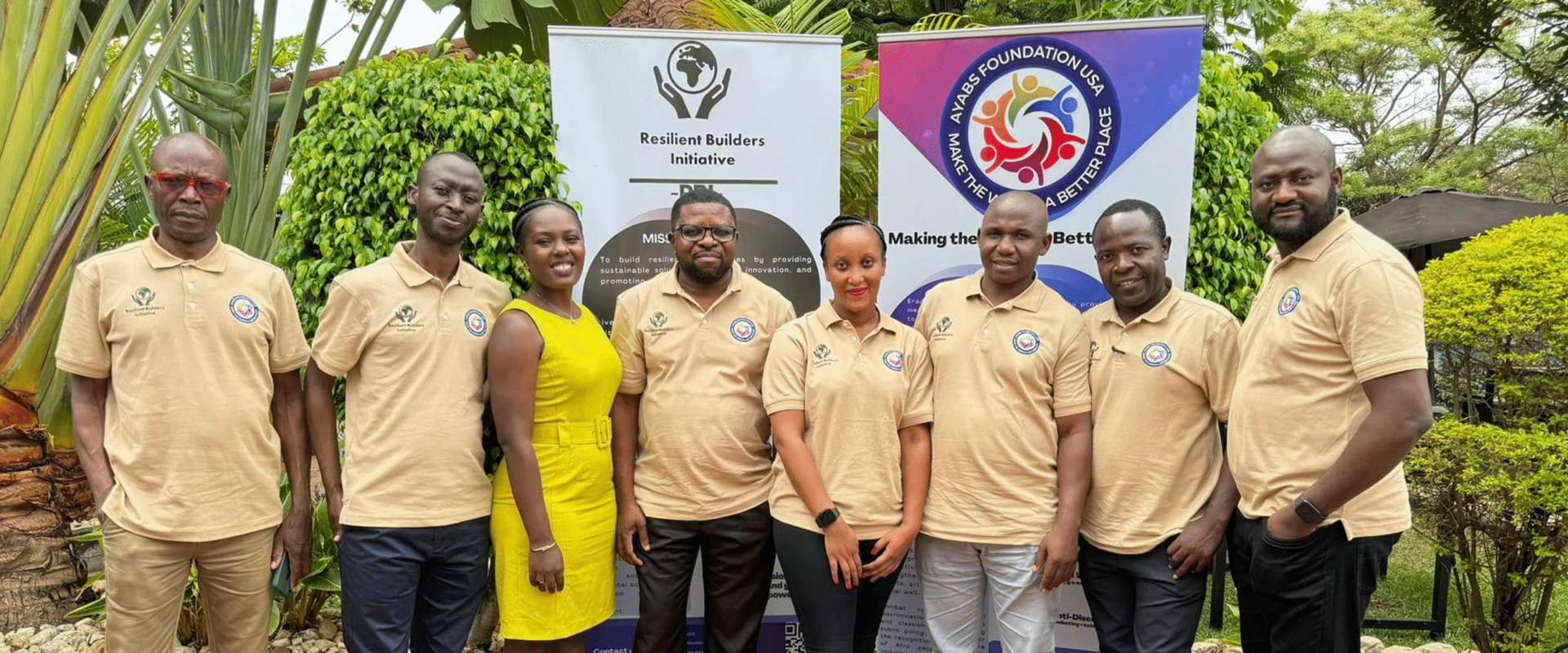
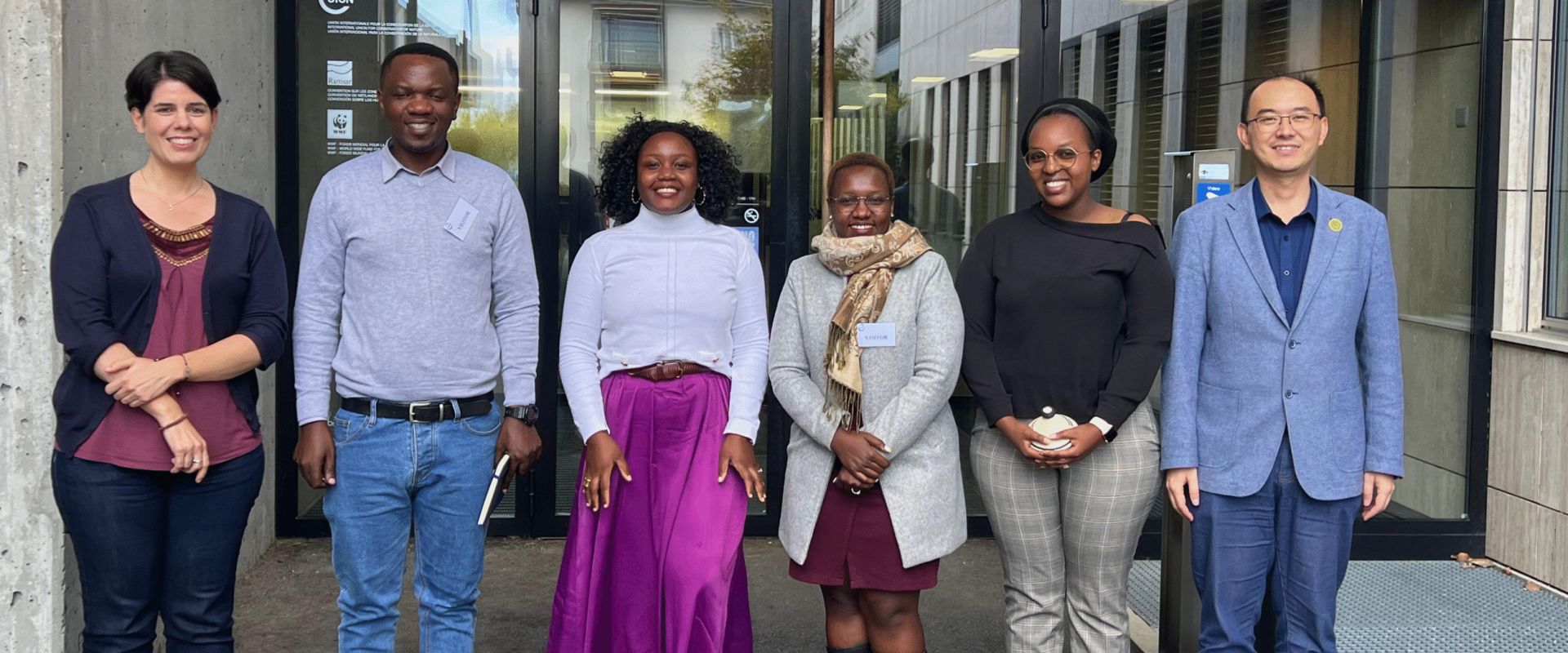
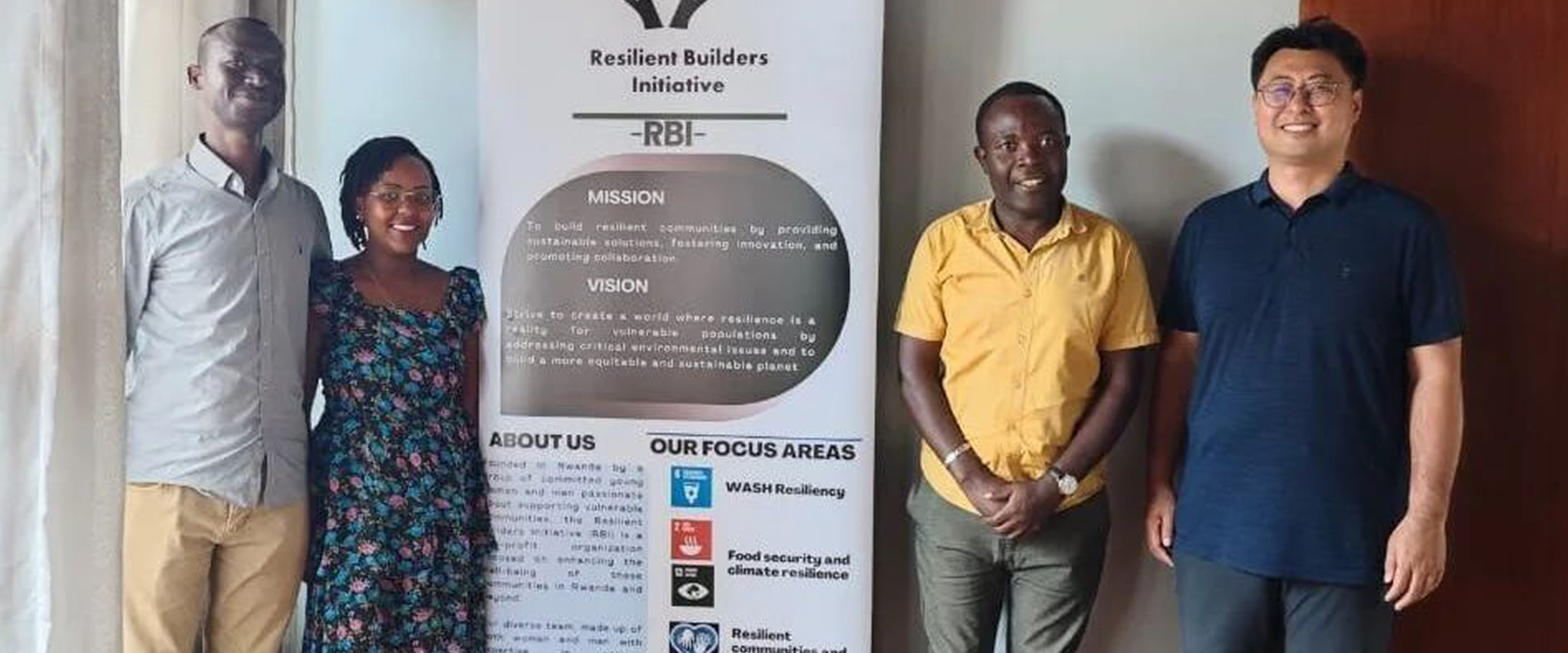
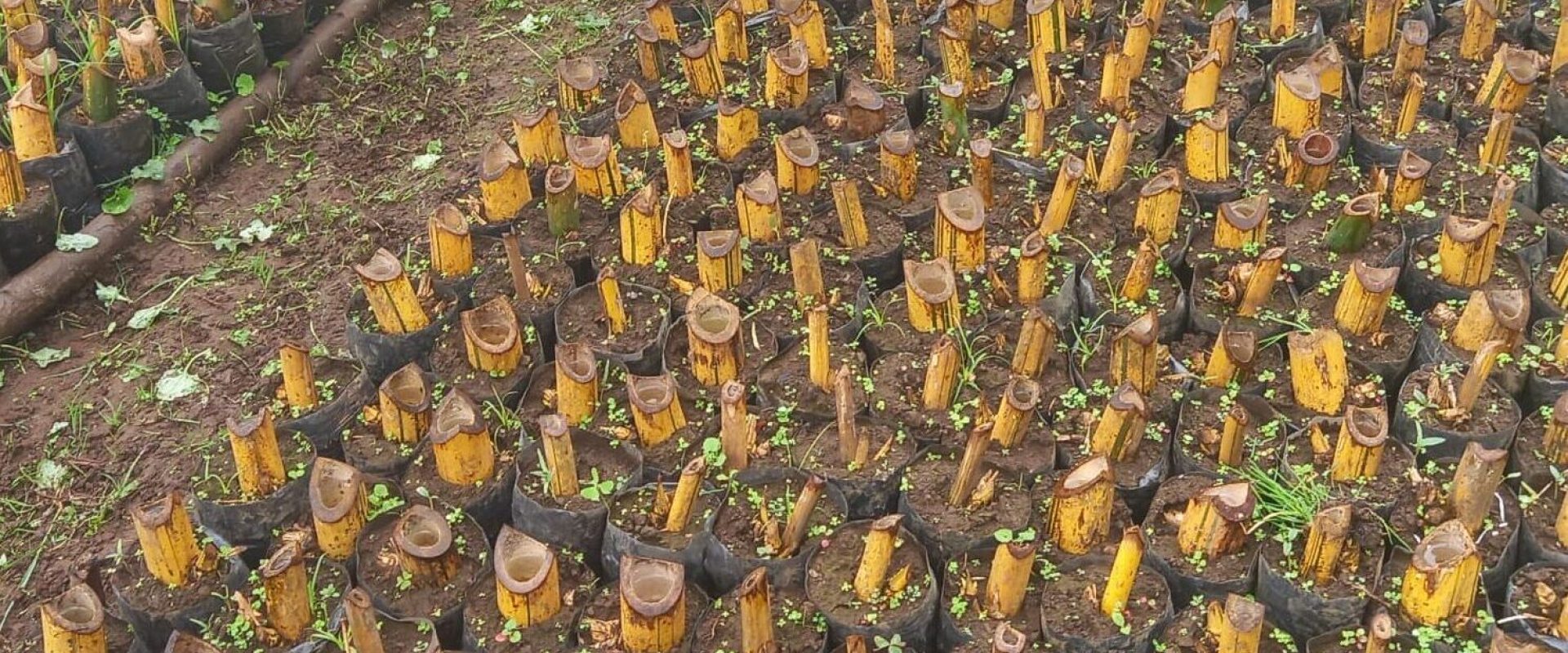
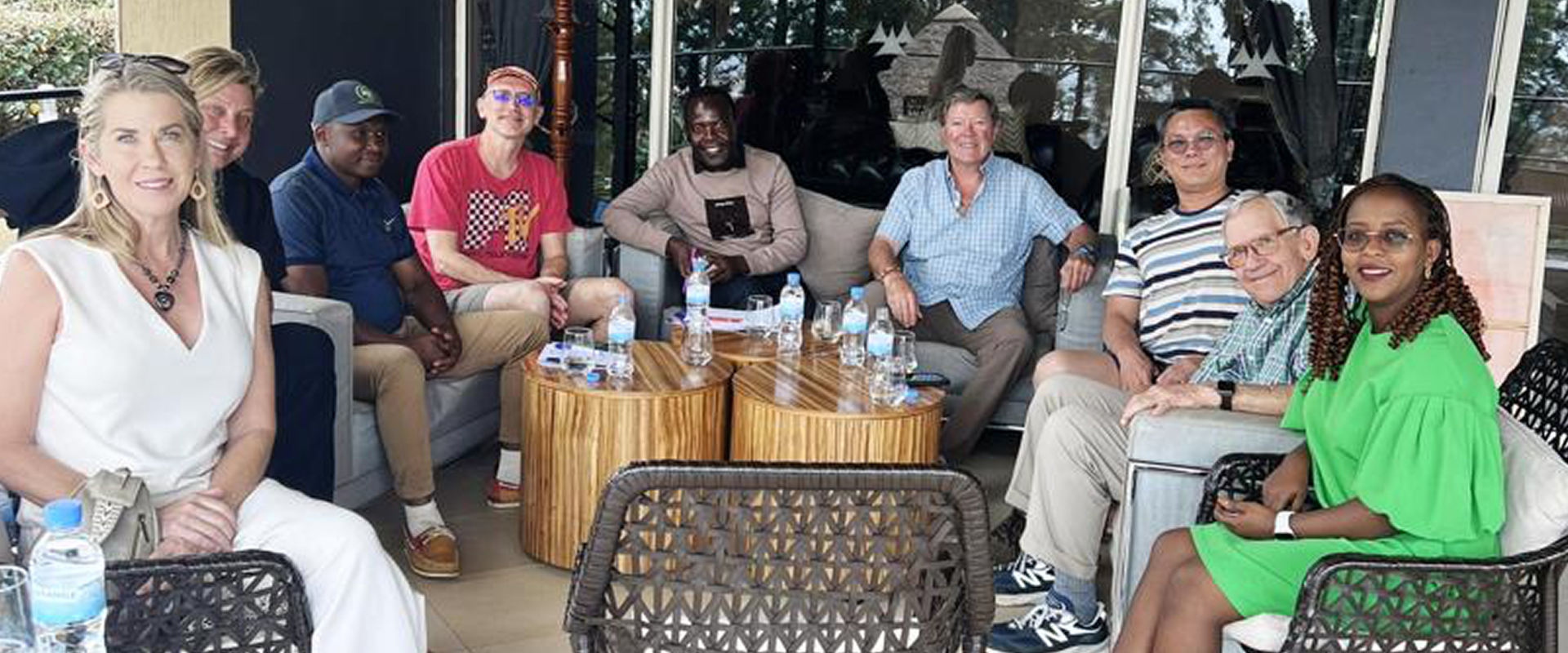
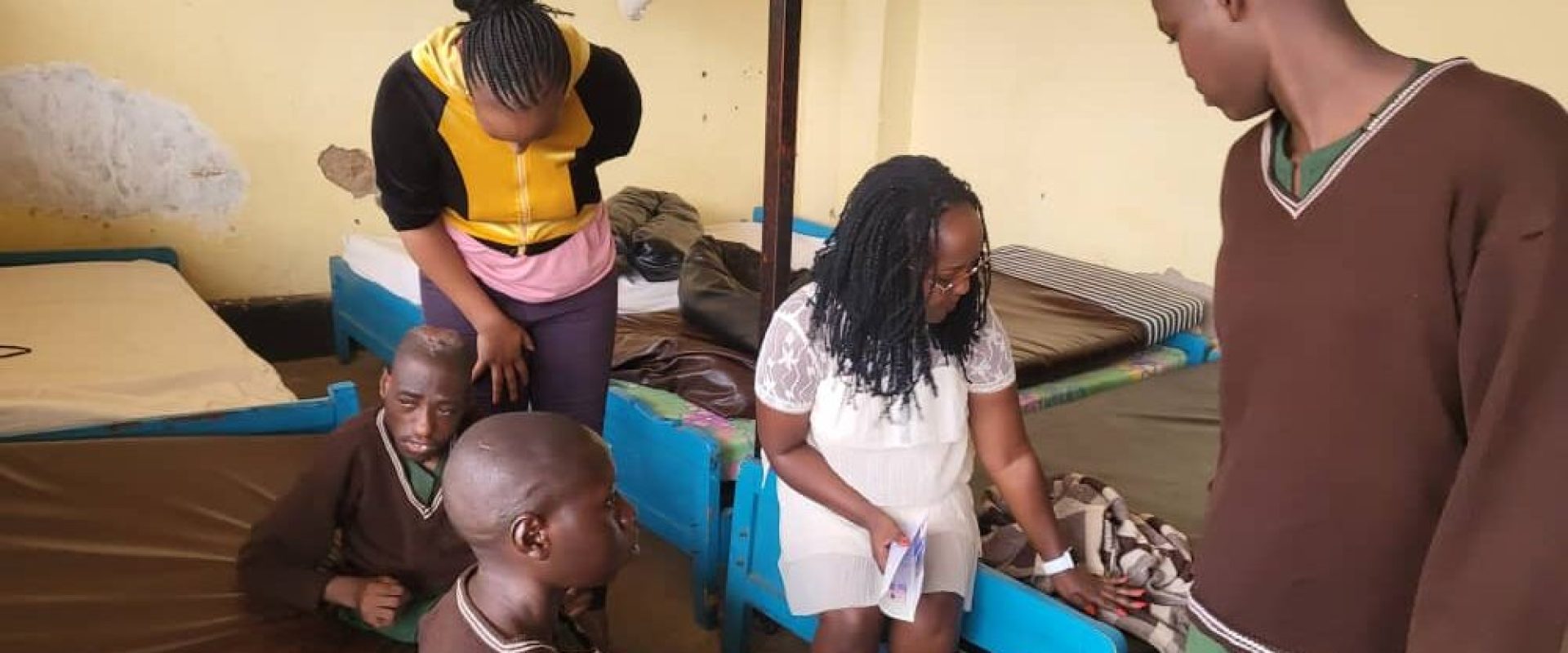
The Resilient Builders Initiative (RBI) is actively restoring land in Rwanda, having restored over 60 hectares of degraded land and planted 24,000 indigenous and agroforestry trees. These are part of inclusive, community-led efforts. With a team boasting over 12 years of experience in ecosystem restoration, climate-smart agriculture, WASH, and project management, RBI integrates humanitarian principles and a strong commitment to social equity into its programming.
To date, RBI has engaged vulnerable families, including young mothers, marginalized people, and people with disabilities, in resilience-building activities such as income generation, nutrition, early childhood development, and conflict resolution. RBI’s approach empowers women and youth, ensuring restoration efforts lead to tangible socio-economic benefits.
Aligned with Rwanda’s climate action plan, RBI is well-positioned to contribute to the national goal of reducing emissions by 38% by 2030 through climate finance, universal WASH access, and poverty alleviation strategies that promote food security and sustainable job creation.
Trees restored
Hectares restored
Access to safe water through carbon finance
Job Created
Trees Planted
Total number of beneficiaries
Promote access to clean water and sanitation by advocating for safe water sources, waste management, and hygiene education to protect community health.
Improve climate resilience by implementing adaptation strategies, disaster risk reduction, and sustainable resource management practices.
Provision of timely and effective assistance during crises by partnering with humanitarian actors to ensure the safety and well-being of affected populations.
Strengthening agricultural practices with training, improve market access, and boost farmers’ livelihoods to support food security and economic stability.
Promote gender equality, enhance educational opportunities, and support economic empowerment for women and youth.
Advocate for the rights and inclusion of marginalized and disabled individuals by removing barriers, improving accessibility, and ensuring equal opportunities.
We reduce poverty by supporting smallholder farmers, improving livelihoods, and empowering women and youth through economic opportunities and gender equality.

Our WASH initiatives and humanitarian support ensure access to clean water, sanitation, and timely assistance during crises, protecting community health and well-being.

We promote gender equality by empowering women and youth, while advocating for the inclusion and rights of marginalized and disabled individuals.

We enhance access to clean water and sanitation through WASH projects, advocating for safe water sources, effective waste management, and hygiene education.

We reduce inequalities by ensuring equal access to opportunities and resources for marginalized and disabled individuals, fostering an inclusive environment.

We build climate resilience by implementing adaptation strategies, disaster risk reduction, and sustainable resource management in our climate action projects.

